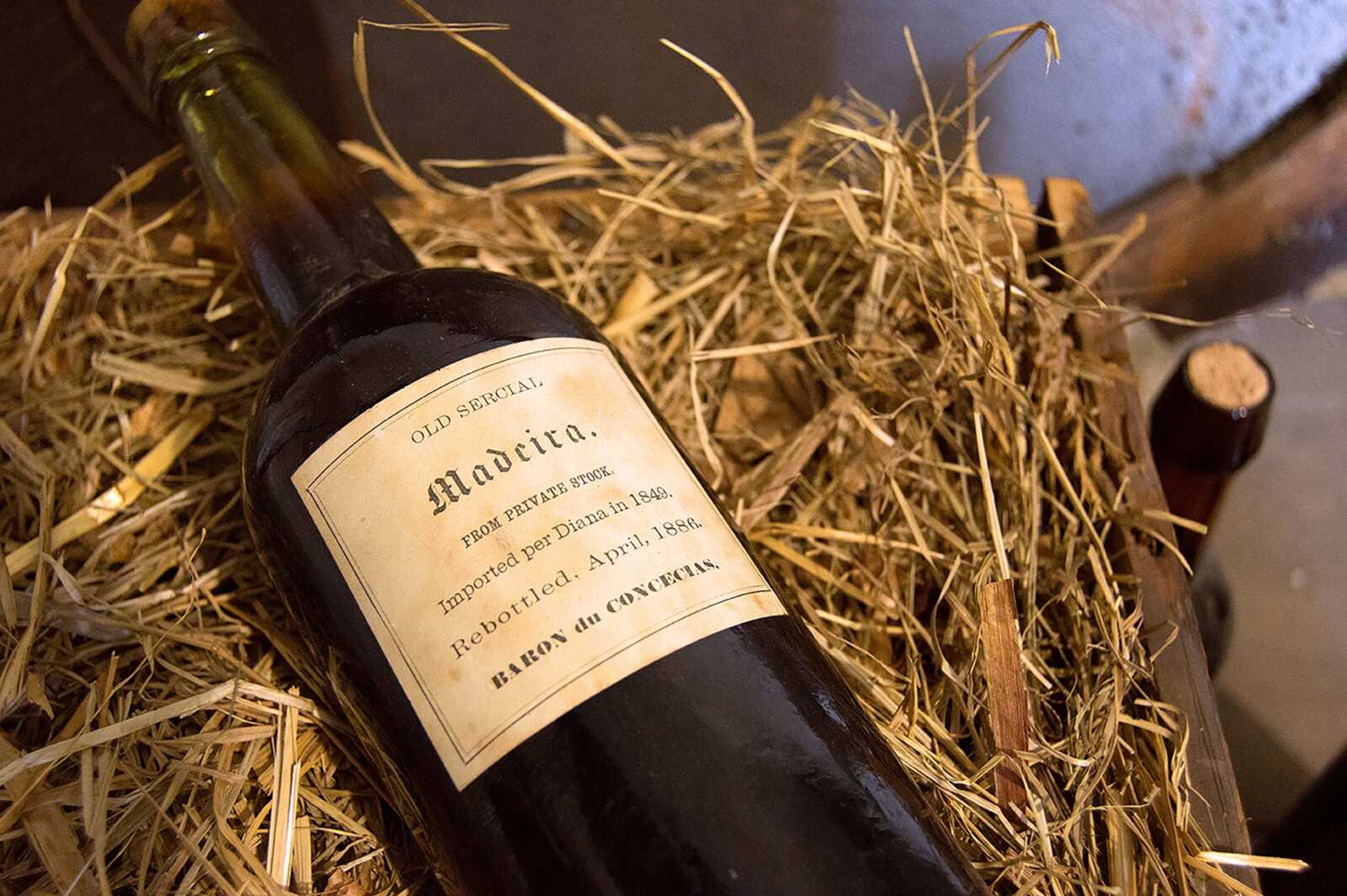UNION, N.J. -- A restoration project at a New Jersey museum unearthed cases of wine nearly as old as the United States.
The Liberty Hall Museum in Union said it discovered almost three full cases of Madeira wine, a fortified wine, dating to 1796 while restoring its wine cellar. NJ.com reported the museum also found 42 demijohns -- large glass jugs sometimes used for holding spirits -- dating to the 1820s.
The museum said the monetary value of the wine cannot be made public.
The original 13 colonies imported about 95 percent of the wine produced on the Portuguese archipelago of Madeira, according to historical accounts. Bill Schroh, Liberty Hall's director of operations, said Madeira was the best wine to ship during the 18th century because it almost never spoils -- even centuries later, if stored properly.
Liberty Hall president John Kean said he sampled the wine. He compared it to a sweet sherry.
The museum, originally constructed in 1760, was built as a country home for New York lawyer William Livingston. He served in the First and Second Continental Congresses, became New Jersey's first elected governor and was a signatory to the Constitution. The Kean family took ownership of the estate in 1811 and has owned it since.
Connect with the Southeast Missourian Newsroom:
For corrections to this story or other insights for the editor, click here. To submit a letter to the editor, click here. To learn about the Southeast Missourian’s AI Policy, click here.









